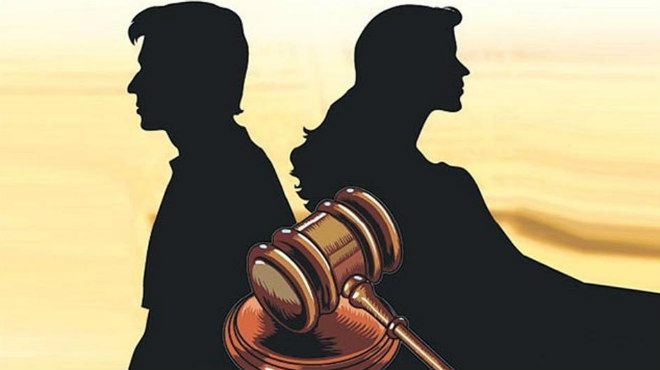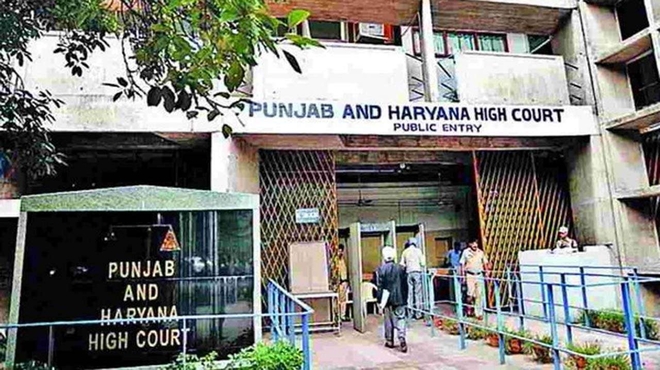Delhi HC says misuse of marital rape law cannot be a valid ground for not criminalising it
January 16, 2018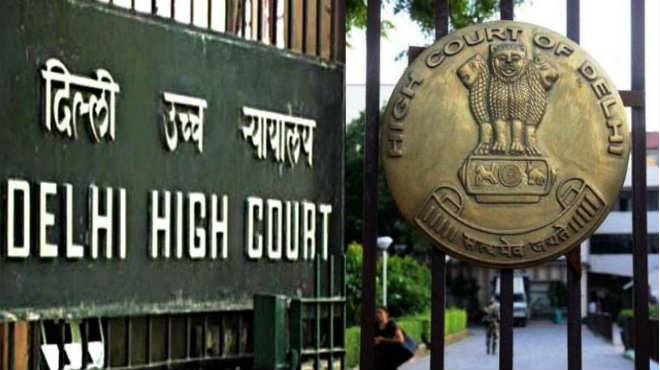
A bench of Delhi High court comprising of Chief Justice Gita Mittal and Justice C Hari Shankar, on Monday held that the misuse of a penal provision cannot be an argument for not criminalising an act. The bench was hearing Public Interest Litigation (PILs) filed by NGOs-RIT Foundation and the All India Democratic Women's Association, seeking criminalisation of marital rape.
Latest Legal News
.jpg)
3 Bills to Renew India's Criminal Justice System presented in Lok Sabha; All you Need to Know
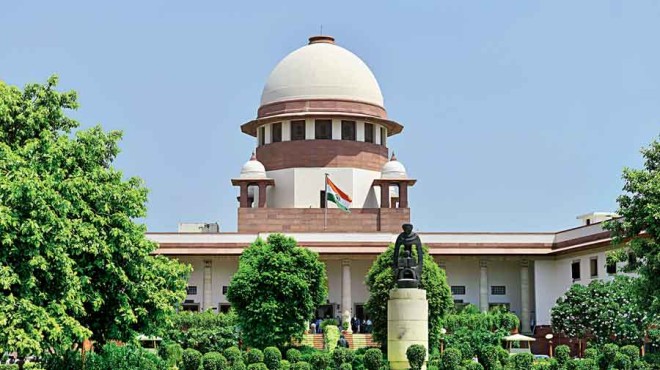
âSorry state of affairs' in PoSH Act implementation; SC orders Govts. to ensure ICCs are constituted


 92+ Lawyers are online
92+ Lawyers are online 

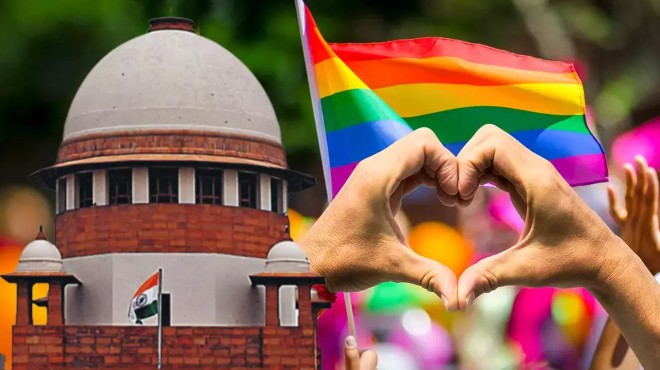
.jpg)
